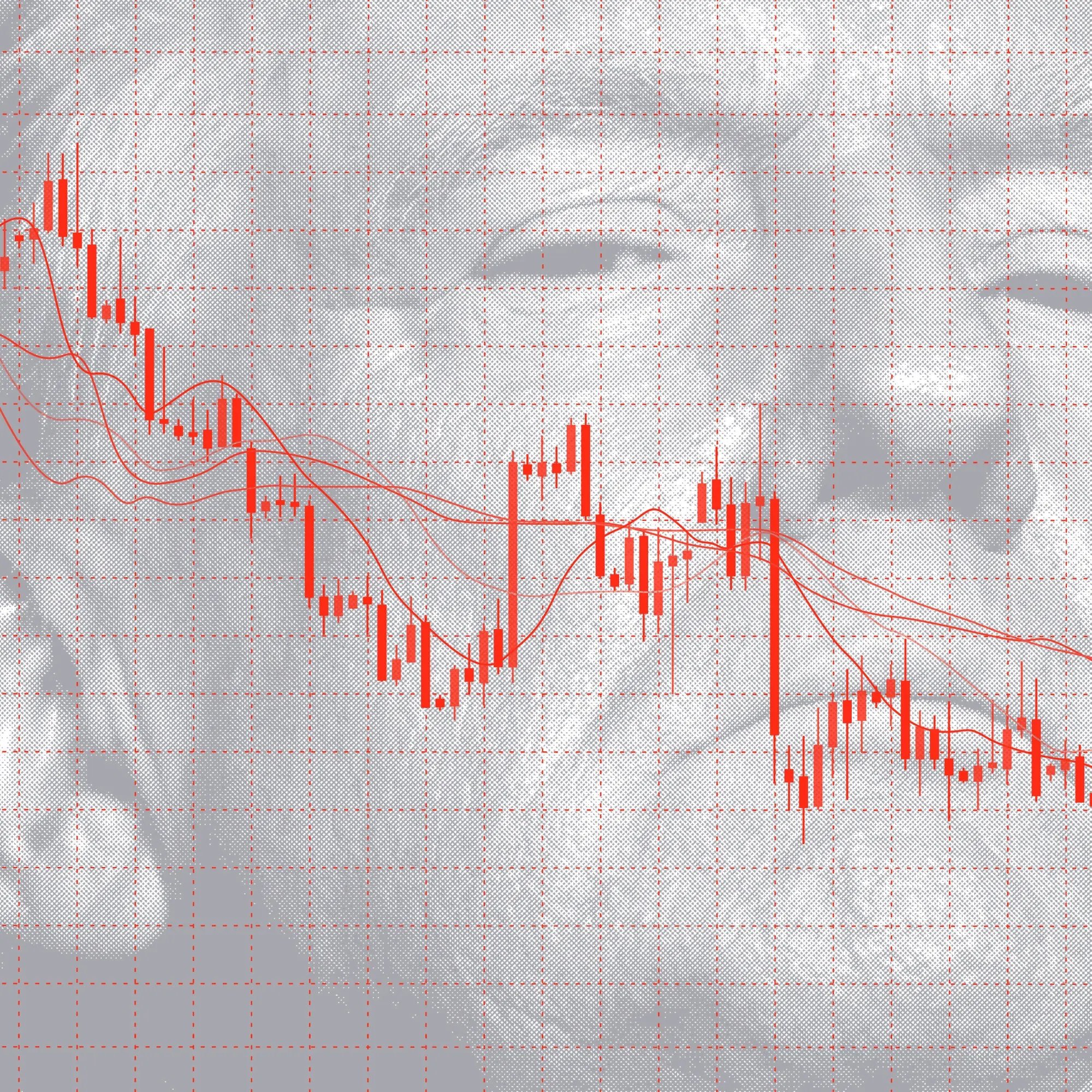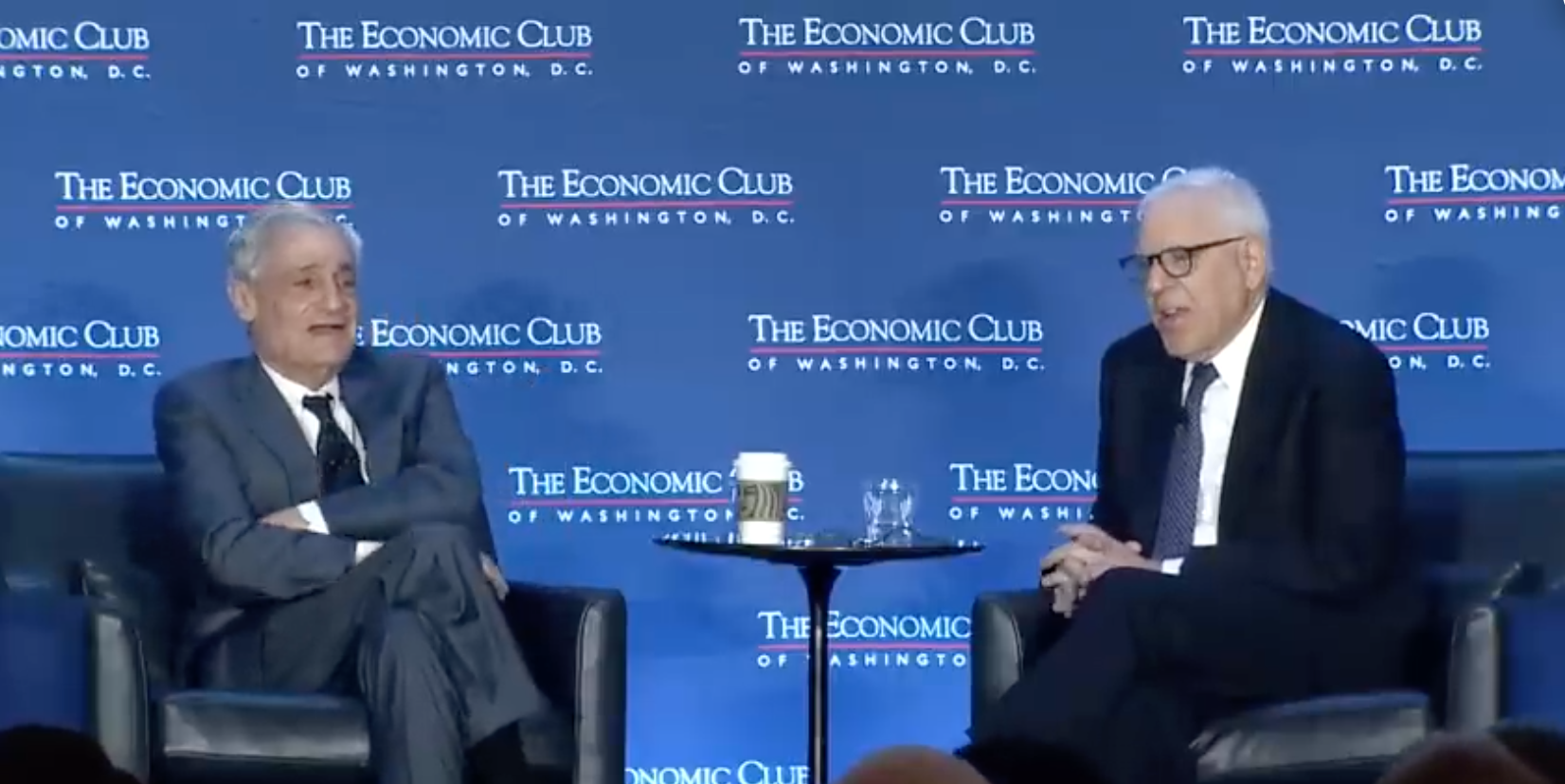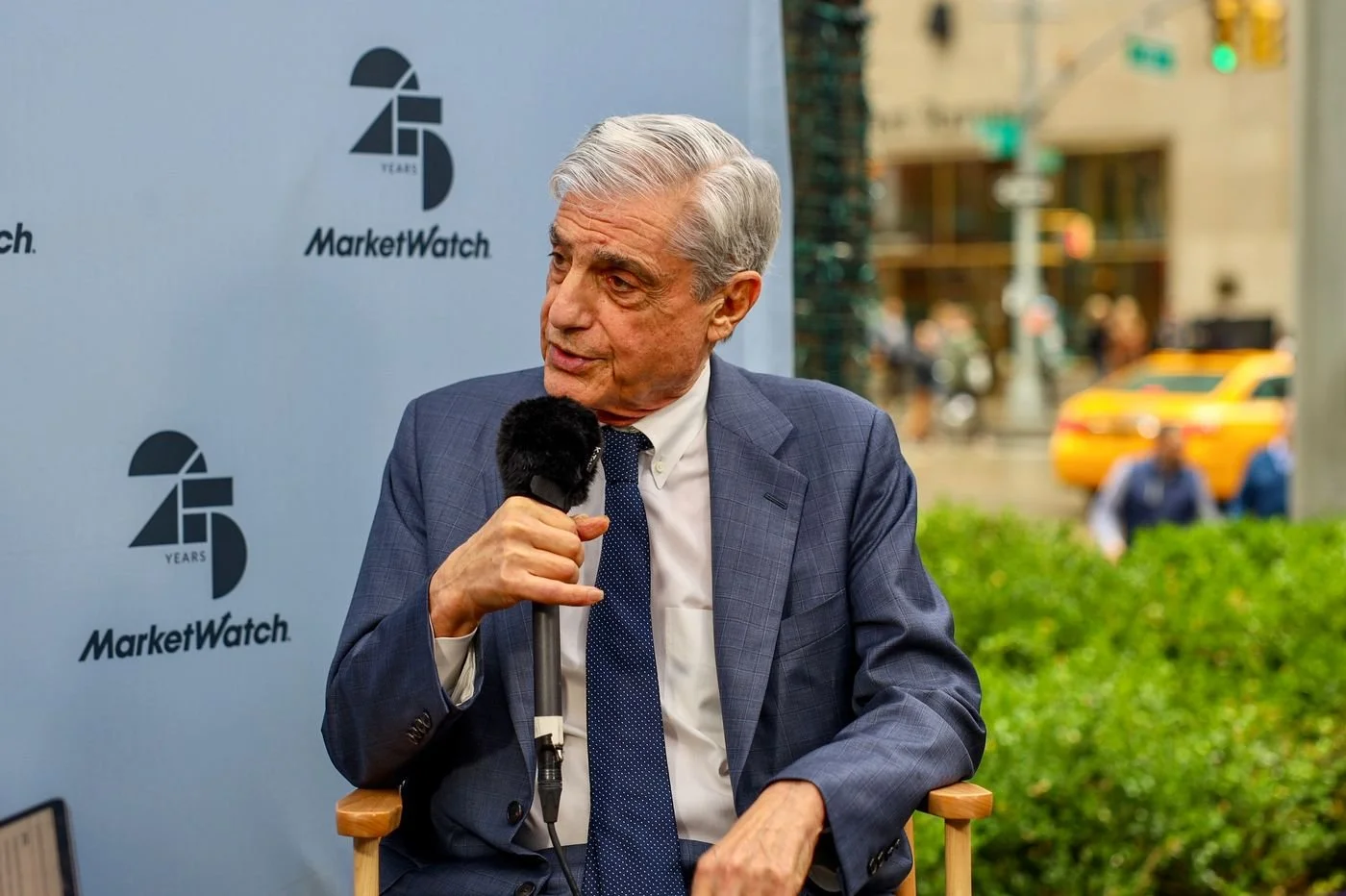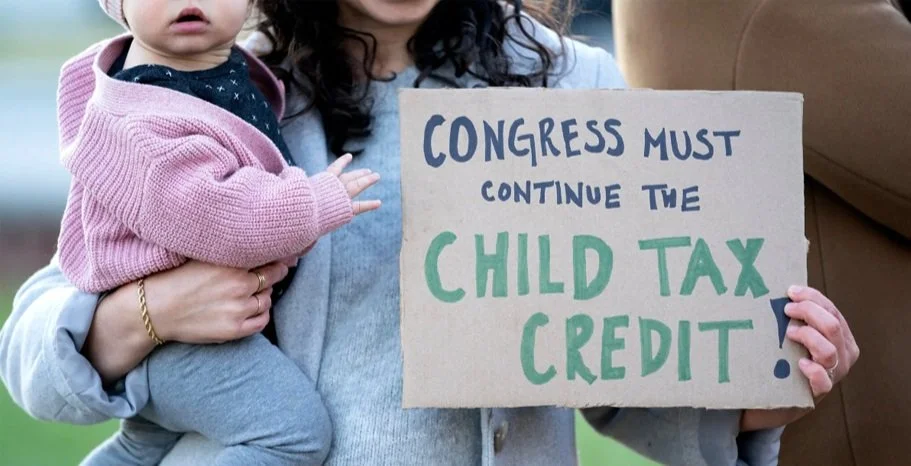Commentary
Op-Eds and articles by Robert Rubin on the U.S. economy, democracy, fiscal policy, poverty, criminal justice, decision-making, and other areas of public policy.
The Limits of ‘Running Government Like a Business’
By Robert E. Rubin
My advice to those new in government work is to approach the job with modesty. While government can benefit from a business perspective, government can’t and shouldn’t be run like a business. This is in part because government work requires skills and knowledge one doesn’t acquire in business.
The Enormous Risks a Second Trump Term Poses to Our Economy
By Robert E. Rubin and Kenneth I. Chenault
The two of us have been involved in business, government and policy for many years, with more than a century of experience between us. We’ve worked with elected officials and business leaders across the ideological spectrum. And we believe a straightforward assessment of Mr. Trump’s economic policy agenda — based on his public statements and on-the-record interviews, such as the one he recently conducted with Time magazine — leads to a clear conclusion. When it comes to economic policy, Mr. Trump is not a remotely normal candidate. A second Trump term would pose enormous risks to our economy.
Wall Street Week
Interview on Bloomberg’s Wall Street Week
Robert Rubin, Former US Treasury Secretary, tells us what we can learn from the factors that influenced the Clinton administration to balance the federal budget in the 1990s.
The ‘Soft Landing’ Could Easily Turn Hard
By Robert E. Rubin
I discussed the equity market outlook for 2024 with several fellow advisers to an investment fund a few weeks ago. They were optimistic about the prospects of the U.S. economy achieving a soft landing. Like many Wall Street economists I speak to, they based their view on a conventional analysis of a range of economic factors, from Federal Reserve policy to consumer spending. I think the outlook is more complicated.
How to make decisions in an uncertain world
Interview on CNN’s Smerconish
Having learned in college that there are no certainties, former Treasury Secretary Robert Rubin realized that people need "to try to identify a number of possibilities, and then try to make judgments of the probabilities of each of those materializing."
Congress can help make housing affordable — it just has to act
By Robert E. Rubin and Rob Portman
The Barrister Apartments in downtown Cincinnati, slated to open early next year, are a housing policy success story. Financed with federal Low-Income Housing Tax Credits, it is the first investment in affordable housing in the city’s central business district in more than two decades.
The biggest risks to the US economy are political, not financial
By Robert E. Rubin
Robert Rubin has led both the US Treasury and Goldman Sachs, which gives him a rare perspective on interactions between the financial and political systems. His recent book The Yellow Pad lays out his approach to thinking and decision-making, drawing on those and other experiences from his life and career.
Decision Making in an Uncertain World
By Robert E. Rubin, Sylvia Mathews Burwell, and Michael Froman
In a conversation with two of his former chiefs of staff, former U.S. Treasury Secretary Robert E. Rubin discusses his decision-making process and how policymakers should think about economic issues including the national debt, trade, and inflation.
Robert Rubin on Whether the U.S. Should Want China to Prosper
Q&A with Bob Davis and Robert E. Rubin
The Clinton-era Treasury Secretary and banker discusses why investors should steer away from China and the issues with linking trade and human rights.
Economic Club of Washington, D.C.: Robert E. Rubin.
By Robert E. Rubin
The Economic Club of Washington, D.C. Chairman David Rubenstein interviewed Robert E. Rubin, former U.S. Treasury Secretary and Co-Chairman of Goldman Sachs, and author of the recently published book The Yellow Pad: Making Better Decisions in an Uncertain World.
Straight Talk with Hank Paulson: Bob Rubin
By Robert E. Rubin and Hank Paulson
From growing up in the Midwest to leading Goldman Sachs and then serving his country as Treasury Secretary, Hank Paulson offers a unique point of view and a life experience unlike many Americans. With Straight Talk, Hank brings this experience to his conversations with the world’s prominent leaders and thinkers, exchanging a lifetime of stories and lessons from both the private and public sectors. Each episode reveals compelling viewpoints, topical discussion, and behind-the-scenes stories.
The Book That Changed Robert Rubin’s Thinking About Poverty
By The New York Times
The former Treasury secretary, whose new book is “The Yellow Pad,” says that Ken Auletta’s “The Underclass” convinced him that “trying to break the cycle of poverty through policy and through private efforts is not just right for moral reasons, but is enormously in the interest of all.”
Economic Decision-Making During Times of Uncertainty
By Robert E. Rubin
Robert Rubin speaks with CNN's Bianna Golodryga about decision-making, fiscal policy, banking, and the U.S. and global economies at the Council on Foreign Relations Robert B. Menschel Economics Symposium.
Get Rid of the Debt Ceiling Once and for All
By Robert E. Rubin
By now the scenario is familiar, but at the time it was unprecedented: House Republicans, having recently won a majority in the midterm elections, threatened to force the United States to default on its debt unless a Democratic president acceded to their demands.
Former Treasury Secretary Robert Rubin condemns threats to default on U.S. gov't debt
By Robert E. Rubin
Former Treasury Secretary Robert Rubin, author of the new book "The Yellow Pad," and, perhaps most important, veteran of the debt ceiling wars, offers a commentary about this past week's debt ceiling showdown in Washington.
The GOP wants to cut funding to the IRS. We can’t let that happen.
By Robert E. Rubin and Jacob J. Lew
If Benjamin Franklin were alive today, he might update his famous aphorism: The only certainties in life are death, taxes — and partisanship. And right now, a fight that combines two of those certitudes is brewing in Washington.
The man who devised Rubinomics is bearish on today's economy
Video with Greg Robb and Robert E. Rubin
Former Treasury Secretary Robert Rubin doesn't see a soft landing for the economy.
A Plan to Help Kids Without Increasing Inflation
By Robert E. Rubin and Jacob J. Lew
We both served as secretary of the Treasury, and we have been associated with economic policies that are fiscally responsible and invest in our future. It is our strong view that Congress should act this year to ease the financial strain on low-income families raising children and that these policies should be paid for in a package that reduces the deficit. This is not just morally right but is also a critical investment in our nation’s economic future.
H.R. 1 and H.R. 4 would reform our democracy. They’d also help our economy.
By Robert E. Rubin
H.R. 1, the For the People Act, and H.R. 4, the John Lewis Voting Rights Advancement Act, are commonly framed as bills to reform our democracy. But they’re also key to our economic future.
Fiscal resiliency in a deeply uncertain world: The role of semiautonomous discretion
By Peter R. Orszag, Robert E. Rubin, and Joseph E. Stiglitz
Orszag, Rubin, and Stiglitz outline a new fiscal framework that they argue would better equip policymakers to face deep uncertainties about future interest rates (which, they say, may not remain low forever), hard-to-predict global shocks, and climate risks.




















